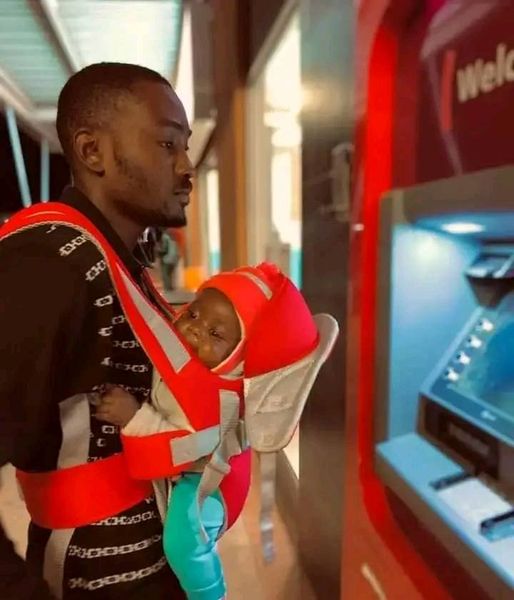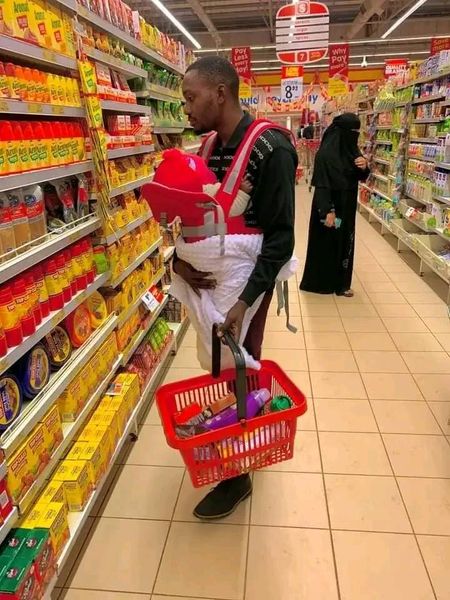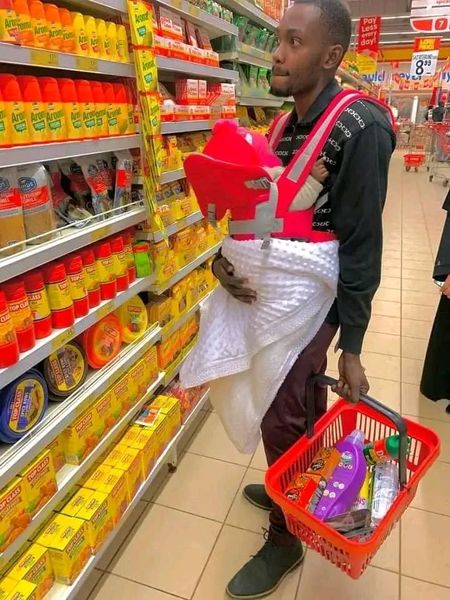It was a long day, but a good one. My family had finished dinner and I was cleaning the dishes. As I washed off the last cup, I felt a gentle tap on my hip. I looked down to see my daughter’s innocent brown eyes staring up at me. In her tender voice, she asked, “Daddy, do you love us more when it’s our birthday? I mean do you love whoever’s birthday it is, more than the other kids on that day?” I knelt down and put my hand on her shoulder. Then I



explained to her that my love doesn’t change based on birthdays. It doesn’t increase nor decrease based on the circumstance. My love is unconditional.
“There are so many things a father’s love gives and so many things that a lack of it destroys.”There are so many things a father’s love gives and so many things that a lack of it destroys. I believe that God gives us the greatest example of a father’s love. His love is sacrificial, patient, kind, humble, honest, forgiving, faithful, and selfless. It is constant and unchanging. Those are the things I not only want my life to be about, but I want to make certain my kids know and feel from me. Unfortunately, I am not perfect like God, which includes my fatherhood. I consistently fall short. So I have to ask myself if my kids know their father’s love. Here are 5 questions to ask ourselves as dads.
Do they know they are loved when they are being disciplined?
It’s right to correct children even though they don’t like it. They need boundaries and it’s important to be consistently firm in maintaining those boundaries. Disciplining should be done to nurture the heart to a healthy place when it has gone wandering or rebelled. However, anger and a need to control behavior either take over or, at the very least, seep in. Go beyond the behavior and address the motivation. Loving discipline will address the motivators firmly, but calmly. It will also pursue reconciliation and forgiveness in the end.
Do they know they are loved when they are hurting?
Watching someone we love go through pain is difficult. It’s easy to want them to get over it or toughen up because entering into it with them is painful and awkward. Empathy is hard, but it is a loving response to someone in pain because we are identifying with them. We connect with their pain and communicate that they are not alone. We are there to walk with them and never leave them.
Do they know they are loved when my focus is on other things?
We can’t be focused on our kids all of the time and shouldn’t be. But do they know that the time spent away is to benefit them? Do they know what we are working on and why we are away? Do they know how we feel about being away from them and perhaps working long hours? There are adult responsibilities we need to attend to. We need to focus on our jobs because our family needs things. They need food, shelter, clothing, etc. Much of the time spent away from them is spent providing these essentials. It’s also good for them to know that they are wonderful and important but not the center of the world. I want my kids to know that my focus has a loving purpose even when it isn’t on them, but while I’m away, I miss them.
Do they know they are loved when they are confused?
There is so much about the world that doesn’t make sense to a child. Childhood is a confusing period all the way through the teen years and even beyond. Sometimes we expect our kids to know things at their young age that we didn’t learn until much later. It takes a long time before kids have any kind of understanding of who they really are. It’s important to show patience and understanding. In the midst of insecurity and confusion, our love provides gravity.